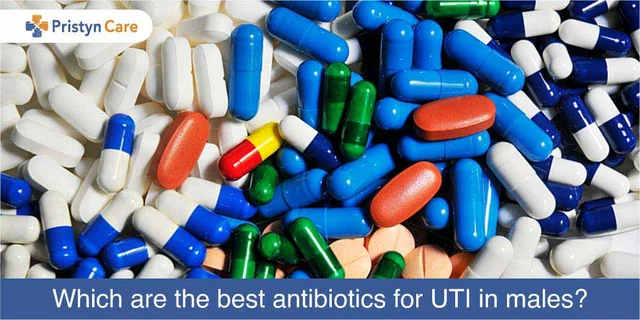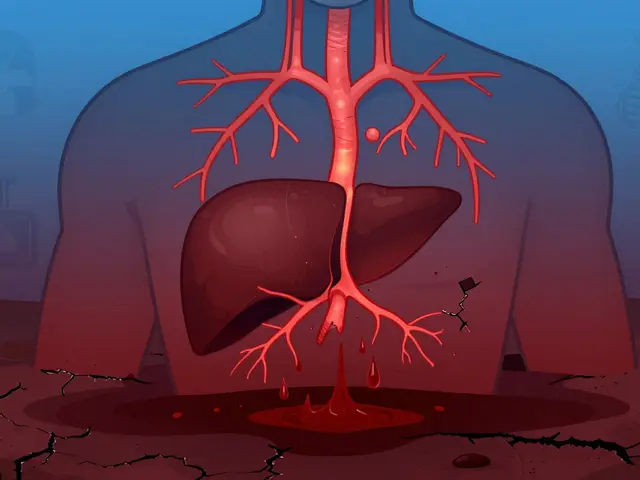Ampicillin and Gastrointestinal Infections: A Closer Look
May 29 2023Hirsutism: Causes, Tests, Treatments That Actually Help
Hirsutism means unwanted, male-pattern hair in women — think thicker, darker hair on the face, chest, or back. It’s common and often treatable, so you don’t have to accept it as permanent. This guide gives clear steps for what causes hirsutism, what tests to expect, and which treatments work fastest and safest.
Quick causes and tests
The most common cause is PCOS (polycystic ovary syndrome). Other causes include excess androgens from adrenal or ovarian tumors, Cushing’s syndrome, certain medicines (like anabolic steroids or danazol), and insulin resistance. Sudden, fast hair growth or deepening voice needs urgent evaluation.
Expect your clinician to take a medical history and do a physical exam, then order simple blood tests: total testosterone, free testosterone if available, DHEA-S, and basic metabolic checks like fasting glucose or HbA1c. If blood work points to an adrenal cause, imaging like a CT or MRI may follow. If ovarian issues are suspected, a pelvic ultrasound is common. These tests help narrow down the cause so treatment targets the problem.
Treatment options and realistic timelines
Treatment depends on cause and how much the hair bothers you. If PCOS is the reason, weight loss and managing insulin resistance can lower androgen levels and help. Combined oral contraceptives are a first-line medical option; they reduce ovarian androgen production and often show improvement in three to six months.
Anti-androgen drugs such as spironolactone block androgen effects on hair follicles. It takes several months to see results and these drugs require contraception for people who can get pregnant. Topical eflornithine cream can slow facial hair growth and is useful if you want non-systemic therapy.
For fast cosmetic results, hair removal methods work well: waxing, threading, depilatory creams, shaving, or bleaching give immediate fixes. For longer-term reduction, laser hair removal and electrolysis are the most effective. Laser works best on dark, coarse hair and needs multiple sessions spaced weeks apart. Electrolysis removes single hairs permanently but can be slower and costlier.
While waiting for medication to work, combine approaches: use topical treatments or temporary hair removal and pursue medical therapy for root causes. Protect your skin after waxing or laser, avoid sun exposure before sessions, and follow your provider’s advice on stopping photosensitive meds.
If hair growth comes on suddenly, is very heavy, or you develop other virilizing signs — voice change, rapid muscle gain, or menstrual changes — see a doctor quickly. Most cases of hirsutism are manageable with the right tests and a mix of medical and cosmetic options. Talk openly with your clinician about goals, timeline, and side effects so you get a plan that fits your life.
Costs vary a lot: temporary hair removal is cheap but recurring, while laser needs an upfront investment and pro sessions. Insurance sometimes covers tests and medications when a medical cause is found, but cosmetic procedures usually aren’t covered. Plan for at least three to six months on hormonal meds before judging effectiveness. If you use spironolactone or other systemic drugs, expect regular blood pressure and electrolyte checks if your doctor recommends them. Pregnancy and breastfeeding change treatment choices; many drugs are avoided, so discuss family plans before starting long-term therapy. Joining a support group or online community can help with tips, vendor recommendations for lasers and clinics, and realistic before-and-after timelines. Keep realistic expectations: success is often a mix of medical care plus cosmetic tools, and most people see noticeable improvement within a year. Ask questions until you fully understand.
 17 May
17 May
The Connection between Hirsutism and Polycystic Ovary Syndrome (PCOS)
As someone who has been researching the connection between Hirsutism and Polycystic Ovary Syndrome (PCOS), I've discovered some interesting facts. Hirsutism, which is the excessive growth of hair on the face and body, often affects women with PCOS due to hormonal imbalances. These imbalances can lead to an increase in androgen levels, which is the primary cause of excessive hair growth. Treating PCOS can sometimes help manage Hirsutism as well, but it's important to consult with a healthcare professional for personalized advice. Overall, the connection between these two conditions highlights the importance of understanding and addressing hormonal imbalances in women's health.
Read More...




